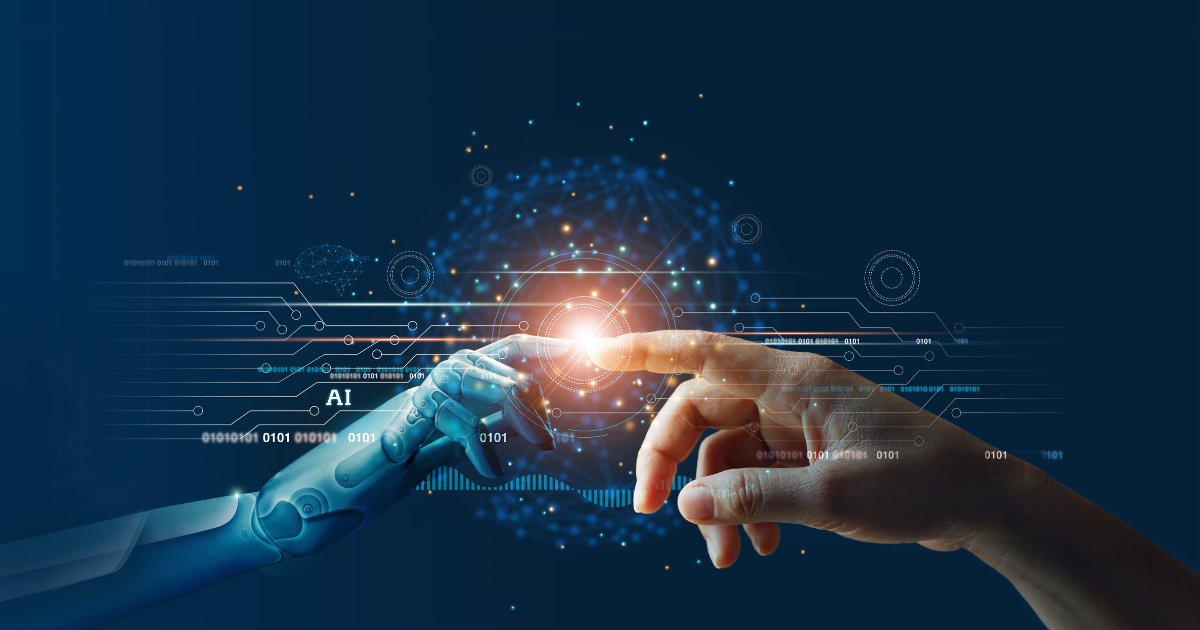
"During the Open Source Summit Europe keynote, Jim Zemlin, executive director of the Linux Foundation, revisited the LLM landscape with an emphasis on the effect it has on the industry, the security, quantity and quality of the developed code. He emphasised that DeepSeek's revolution was validated by the gpt-oss release, OpenAI's first open-source model. He began by reemphasising the significant societal and economic value that open-source has on the global community."
"Zemlin also mentioned that Nagel joined the Linux Foundation as the advising chief economist, with the intention of continuing his research and expanding it to emerging fields like artificial intelligence and developing frameworks to support growth in the commercial OSS startup ecosystem. Further, he highlighted the crossroads moment for open-source and AI with the release of DeepSeek's open-source, open-weight model, demonstrating that such models can be "equally performant"."
"Liang Wenfeng: In the face of disruptive technology, the moat formed by closed-source systems is short-lived. He stated that this direction is validated by OpenAI's decision to release the first open-source model, joining a multitude of open-source models available on the market, which have already caught up in terms of performance with proprietary models. Regardless of their evolution, frontier models are so "...2024, while in 2025 we are shifting towards agentic AI". He believes that the true potential of AI will be discovered in this "agentic era","
Open-source AI models have demonstrated parity with proprietary models, accelerating industry and government adoption. DeepSeek's open-weight model and OpenAI's gpt-oss release are cited as evidence that open-source models can be equally performant. Frank Nagel's Harvard research estimates $9 trillion in value that companies derive from using open-source software. Nagel joined the Linux Foundation as advising chief economist to expand research into AI and to develop frameworks supporting commercial OSS startups. China's long-term investment in open-source contributed to broad adoption across private and public sectors. A transition toward agentic AI in 2025 is framed as the next phase to realize AI's potential.
Read at InfoQ
Unable to calculate read time
Collection
[
|
...
]